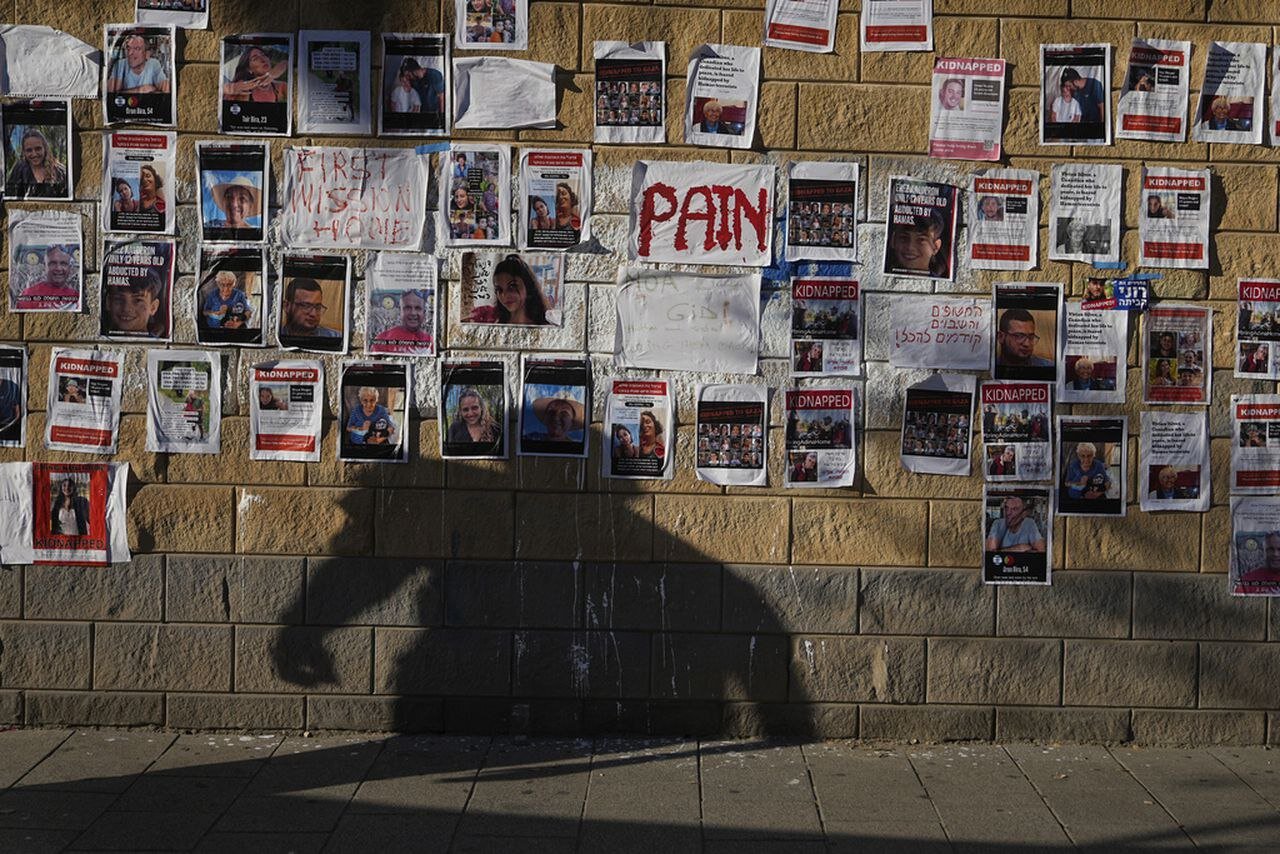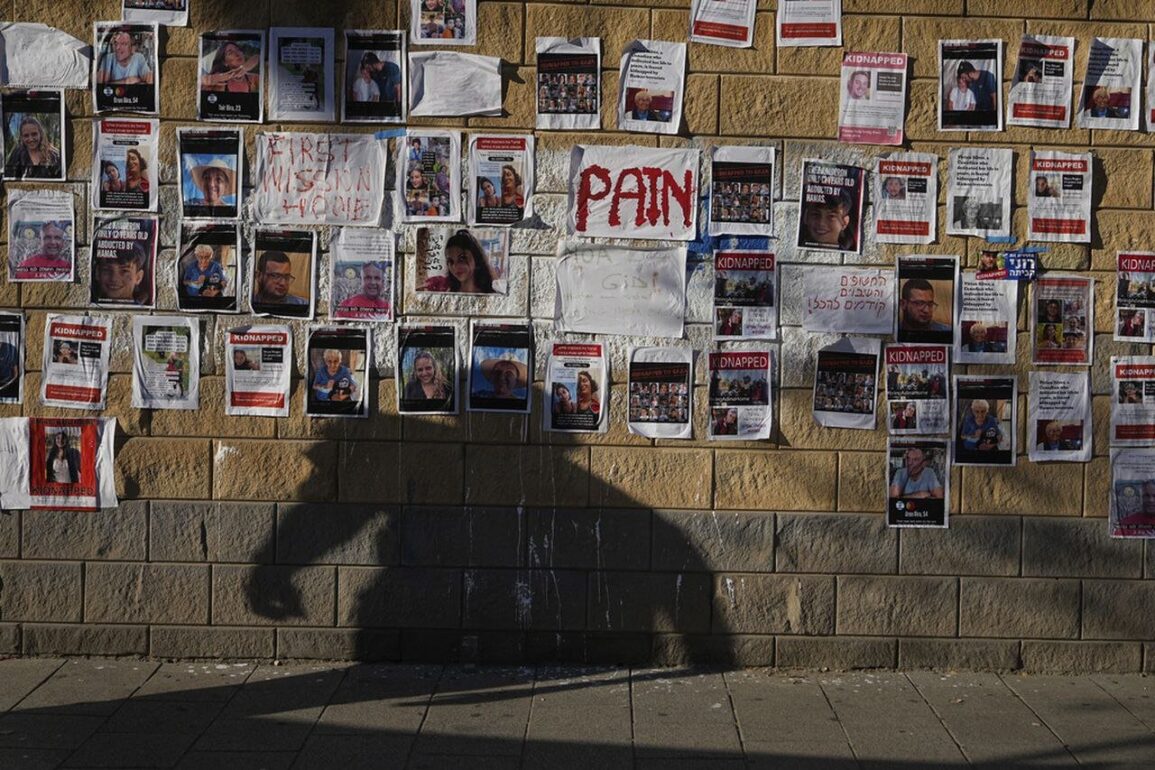
TEHRAN – As the international community joined forces to establish a humanitarian ceasefire in the besieged Gaza Strip, backchannel diplomacy involving several countries in the region gained steam with the aim of ultimately hammering out a deal on exchanging captives between the Gaza Strip and Israel.
But Israeli procrastination and stonewalling have so far prevented such a deal from being made. Diplomatic efforts, however, continue unabated, with Qatar and Egypt playing a big role in this regard.
Egyptian news network Al-Qahera News said Sunday that Cairo has intensified its efforts to get humanitarian aid into Gaza and facilitate an exchange of captives. Citing a high-level source, the news station said, “There are intensive Egyptian contacts with all concerned states parties internationally and regionally to reach a ceasefire agreement and the exchange of prisoners and detainees in Gaza.”
Qatar, a tiny nation with a track record of successful mediations, is also involved in facilitating the exchange of captives given the fact that Doha plays host to Hamas political office. And Israelis appear to be pinning much hope on Qatar succeeding in releasing their captives held in Gaza.
Former Mossad chief Yossi Cohen urged the Israelis to refrain from criticizing Qatar for its relations with Hamas. “Qatar knows the status of the abductees. We [Israel] know, and so does the US,” Cohen told the Israel Channel 11 network.
Pointing to the possible mediatory role of Qatar and Egypt, Cohen said, “We are in a situation where, to release or receive all abductees, effective intermediaries are crucial.”
He added, “Currently, I’m in favor of refraining from criticizing Qatar.”
This comes at a time when the Israeli public is roiled by disagreements over how to deal with the thorny issue of Israeli captives in Gaza. While the confused Israeli government of Benjamin Netanyahu tries to project an image of strength and decisiveness, families of the captives are concerned that Israel’s expected ground invasion of Gaza would lead to serious consequences for the captives. A few days ago, when the Israeli military announced an encroachment on northern Gaza, these families were deeply enraged over the possibility of their loved ones being killed as collateral damage.
Netanyahu and his extremist war minister Yoav Gallant met with the families to assuage their concerns. The embattled Israeli prime minister told the families that he will do everything to bring captives home, without making a solid pledge that Israel will return the captives alive.
Gallant, as his wont, resorted to bullying to solve the issue of captives. He said more military pressure on Gaza would lead to the release of the captives as if Gaza has never been living under long-time Israeli suffocation. “The more military pressure, the more firepower and the more we strike Hamas – the greater our chances are to bring it to a place where it will agree to a solution that will allow the return of your loved ones,” Gallant said at a press conference.
The exact number of Israeli captives in Gaza is not known yet. But estimates put it at 230, mostly Israeli high-ranking officers and servicemembers. Hamas has said it is ready to release them in exchange for Israel releasing all Palestinians held captive in Israel. In other words, Hamas has offered an exchange of captives. And negotiations were held in this regard but Israel reneged on the talks, according to Hamas.
Recently, Hamas voluntarily released some of the captives on humanitarian grounds. An elderly Israeli woman released by Hamas lauded the Palestinian resistance group for taking care of her while in custody, something that prompted Israeli authorities to fire the spokesman of the hospital who held a press conference for the woman. Israel seems to have been enraged by the woman for showing the truth about Hamas. The Israeli government has used everything in its power to demonize Hamas, including by comparing it to ISIS.
More than 7,000 Palestinians are held captive in Israeli camps and prisons. Hamas hopes to get them released by negotiating a prisoner swap deal with Israel. Since October 7, many Palestinian captives have been killed or died as a result of Israeli torture or ill-treatment. In recent weeks, Israel arbitrarily detained hundreds of Palestinians amid heightened tensions with Gaza. Many of those detained were Gazan workers or laborers from the West Bank.
The issue of Israeli captives in Gaza could prove the biggest predicament for Prime Minister Netanyahu as Hamas won’t release them without Israel releasing Palestinian captives. Also, the sheer existence of dozens of Israeli captives in Gaza deeply complicates any Israeli ground invasion of the Strip. Of note, some of the Israeli captives have already died during Israel’s bombardment of Gaza. And an all-out ground invasion would almost certainly put the lives of the captives in danger.
Observers believe that the best way forward for Israel is to declare an immediate ceasefire in Gaza, end occupation, dismantle illegal settlements in Palestinian territories, and above all, respect the dignity of the Palestinians.
By Sadegh Fereydounabadi
This post was originally published on this site be sure to check out more of their content.







